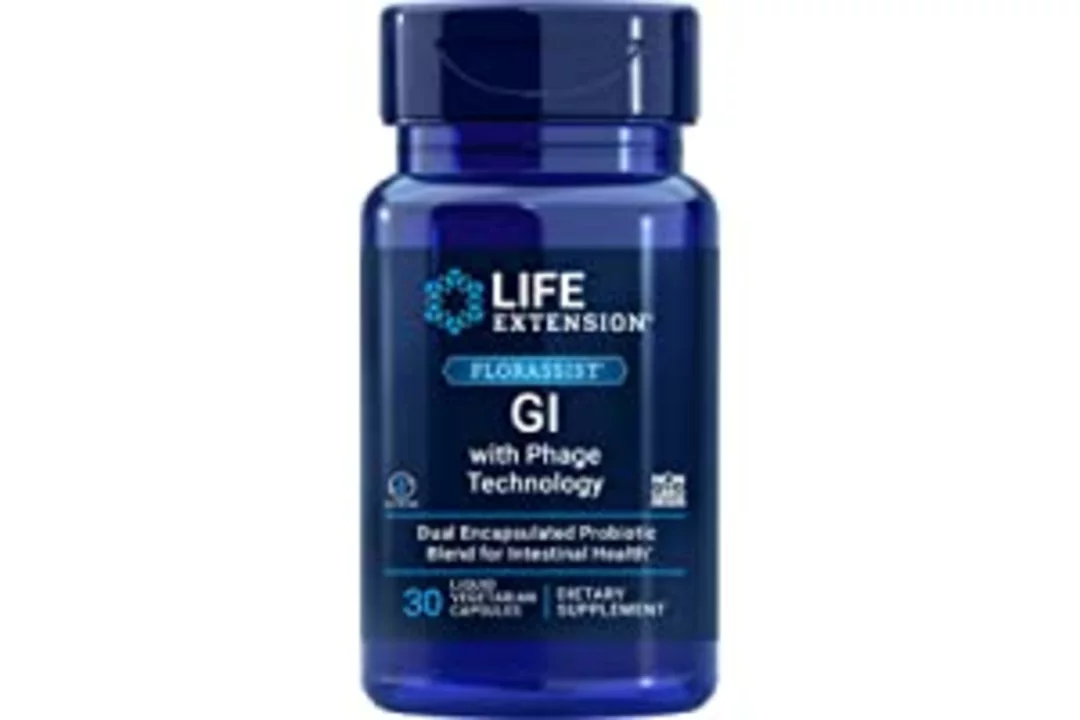Pantothenic Acid: What It Is and Why You Might Need It
Pantothenic acid, also called vitamin B5, is one of the eight B‑vitamins that help turn food into energy. Your body uses it to make coenzyme A, a molecule essential for metabolism, hormone production, and skin health. Most people get enough from everyday meals, but some choose supplements for extra support.
Top Benefits You Can Expect
If you’re looking for a boost, pantothenic acid may help in three main ways:
- Energy production: It helps break down carbs, fats and proteins so your cells get the fuel they need.
- Skin & hair health: Studies show it can improve moisture levels and reduce acne when taken regularly.
- Stress response: As a B‑vitamin, it supports adrenal function, which may make you feel less fatigued during busy periods.
These benefits aren’t magic cures, but they’re useful for anyone who wants to keep metabolism humming and skin looking fresh.
How Much to Take and Where to Find It
The Recommended Dietary Allowance (RDA) for adults is 5 mg per day. Most multivitamins already contain this amount. If you opt for a standalone supplement, typical doses range from 50 mg up to 500 mg daily. Higher doses are generally safe but may cause mild stomach upset.
Food sources are easy to add to your plate:
- Chicken liver and other organ meats
- Egg yolks
- Avocado
- Whole grains like brown rice and oats
- Mushrooms
Eating a balanced diet that includes these foods usually covers your needs without extra pills.
Possible Side Effects and Who Should Be Cautious
Pantothenic acid is water‑soluble, so excess amounts leave the body in urine. That means toxicity is rare. However, some people report:
- Minor diarrhea
- Stomach cramps
- Increased sweating at very high doses (above 2 g per day)
If you’re pregnant, nursing, or have a chronic health condition, talk to your doctor before starting any new supplement. The same goes for anyone on prescription medications—there’s no strong evidence of interactions, but it’s good practice to check.
Quick Tips to Make the Most of Pantothenic Acid
1. Pair a B‑complex supplement with meals to improve absorption.
2. Stick to the label’s dosage unless your healthcare provider suggests otherwise.
3. Monitor how you feel for a week; if stomach issues appear, lower the dose or switch to food sources.
Pantothenic acid isn’t a headline grabber like vitamin D, but it quietly supports many processes that keep you feeling energetic and looking healthy. Whether you get it from chicken liver or a small pill, staying within recommended amounts is all you need for steady benefits.
- Archer Pennington
- 7
Boost Your Energy and Vitality with Pantothenic Acid Supplements
In my latest blog post, I talk about the amazing benefits of pantothenic acid supplements, which can significantly boost your energy and vitality. Pantothenic acid, also known as vitamin B5, is an essential nutrient that helps our bodies convert food into energy. By taking these supplements, we can combat fatigue, improve mental clarity, and support our immune system. I highly recommend trying pantothenic acid supplements as they are a simple and effective way to enhance overall health and wellbeing. Don't miss out on this fantastic opportunity to elevate your energy levels and feel revitalized!
Read more
